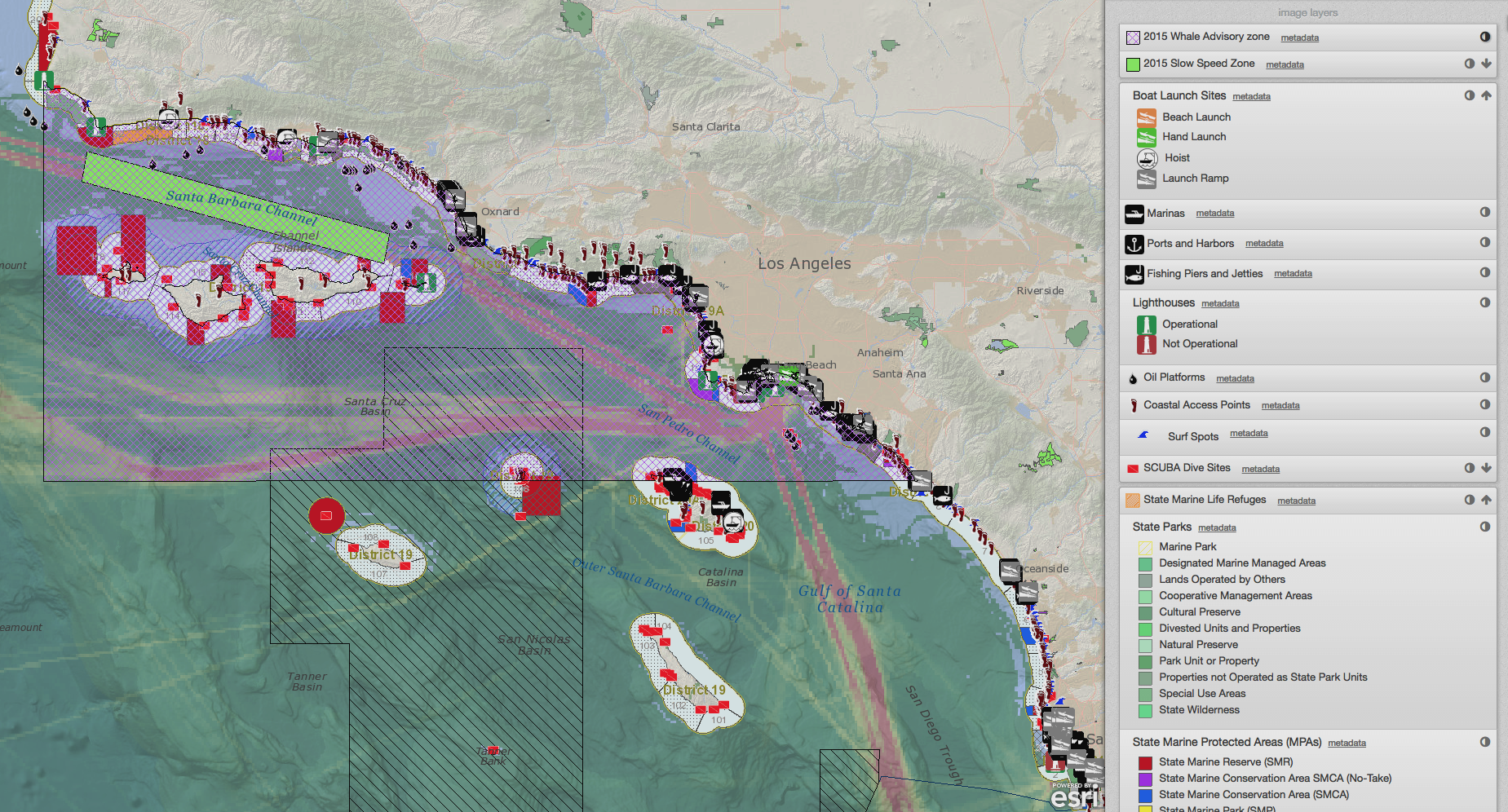GeoDesign: Optimizing stakeholder-driven marine spatial planning.
/This fall, The Coast Guard Proceedings will include an article by Will McClintock that describes how one can use SeaSketch to maximize stakeholder involvement in MSP using SeaSketch.
To download a pre-print of that article, click here. Check back soon for a link to the Proceedings web site and the full Fall 2013 issue with a special focus on coastal and marine spatial planning (CMSP).

